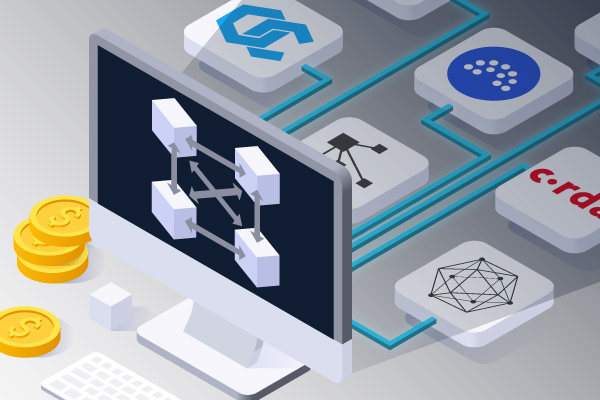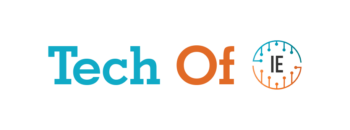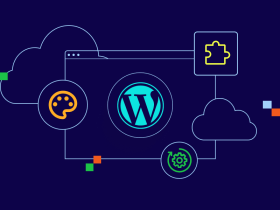Decentralized Finance (DeFi) is a new financial system that is built on top of blockchain technology. It is a peer-to-peer network that enables users to access financial services without the need for intermediaries. DeFi has the potential to transform the traditional financial system by making it more accessible, transparent, and secure. In this article, we will explore the potential of DeFi to transform financial systems.
What is Decentralized Finance (DeFi)?
Decentralized Finance (DeFi) is a new financial system that is built on top of blockchain technology. It is a peer-to-peer network that enables users to access financial services without the need for intermediaries. DeFi allows users to access financial services such as borrowing, lending, and trading without the need for banks or other financial institutions.
The DeFi ecosystem is comprised of various decentralized applications (dApps) that are built on top of blockchain technology. These dApps are designed to offer various financial services to users. For example, users can borrow funds using a DeFi lending platform, trade cryptocurrencies using a decentralized exchange, or earn interest on their cryptocurrency holdings using a DeFi savings account.
The Potential of DeFi

DeFi has the potential to transform the traditional financial system by making it more accessible, transparent, and secure. Here are some of the potential benefits of DeFi:
- Accessibility: DeFi enables users to access financial services without the need for intermediaries such as banks. This means that users can access financial services from anywhere in the world, without the need for a bank account or credit history.
- Transparency: DeFi is built on top of blockchain technology, which is a transparent and immutable ledger. This means that all transactions on the DeFi network are publicly visible and cannot be altered or deleted.
- Security: DeFi is designed to be secure and resistant to hacks. Unlike traditional financial institutions, which are vulnerable to cyberattacks, DeFi is built on top of blockchain technology, which is highly secure and resistant to cyberattacks.
Challenges Facing DeFi
Despite the potential of DeFi to transform financial systems, there are several challenges facing the DeFi ecosystem. These challenges include:
- Regulatory Challenges: As DeFi is a new financial system, there is a lack of regulatory clarity around it. This creates uncertainty for users and makes it difficult for DeFi projects to operate within the legal framework.
- User Experience: The user experience of many DeFi platforms is still lacking compared to traditional financial services. This makes it difficult for DeFi to attract mainstream users.
- Scalability: The current DeFi infrastructure is not scalable enough to handle large volumes of users. This creates issues around transaction speed and cost.
The Future of DeFi
Despite the challenges facing DeFi, it is clear that it has the potential to transform the traditional financial system. As the DeFi ecosystem matures, we are likely to see more user-friendly interfaces, improved scalability, and greater regulatory clarity.
In the long term, DeFi has the potential to make the financial system more accessible, transparent, and secure. It could also help to reduce the power of traditional financial institutions and increase financial inclusion around the world.
As more users become aware of the potential of DeFi, we are likely to see increased adoption and investment in the space. This could lead to a more decentralized and democratized financial system that is accessible to everyone.
Decentralized Finance (DeFi) has the potential to transform the traditional financial system by making it more accessible, transparent, and secure. While there are several challenges facing the DeFi ecosystem, the future looks bright. As the DeFi ecosystem matures, we are likely to see increased adoption, regulatory clarity, and scalability. This could lead to a more decentralized and democratized financial system that is accessible to everyone.









